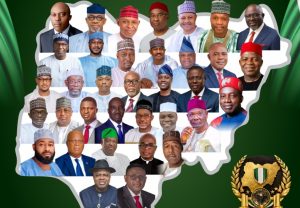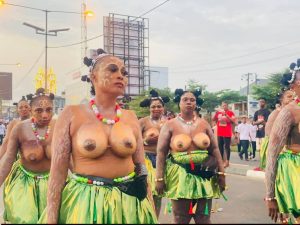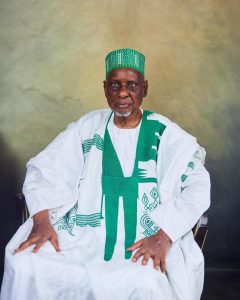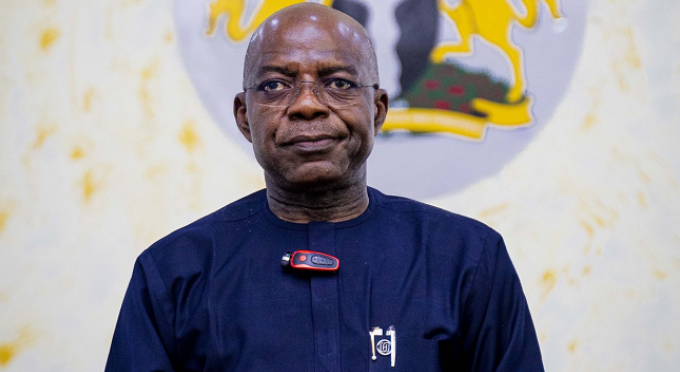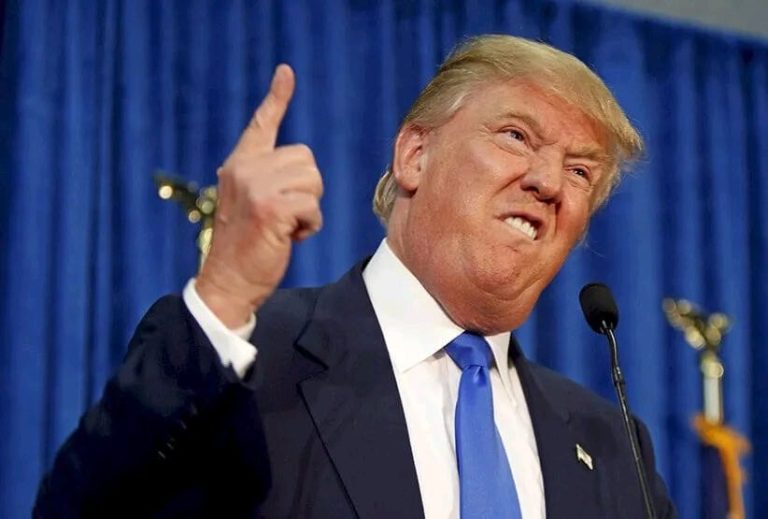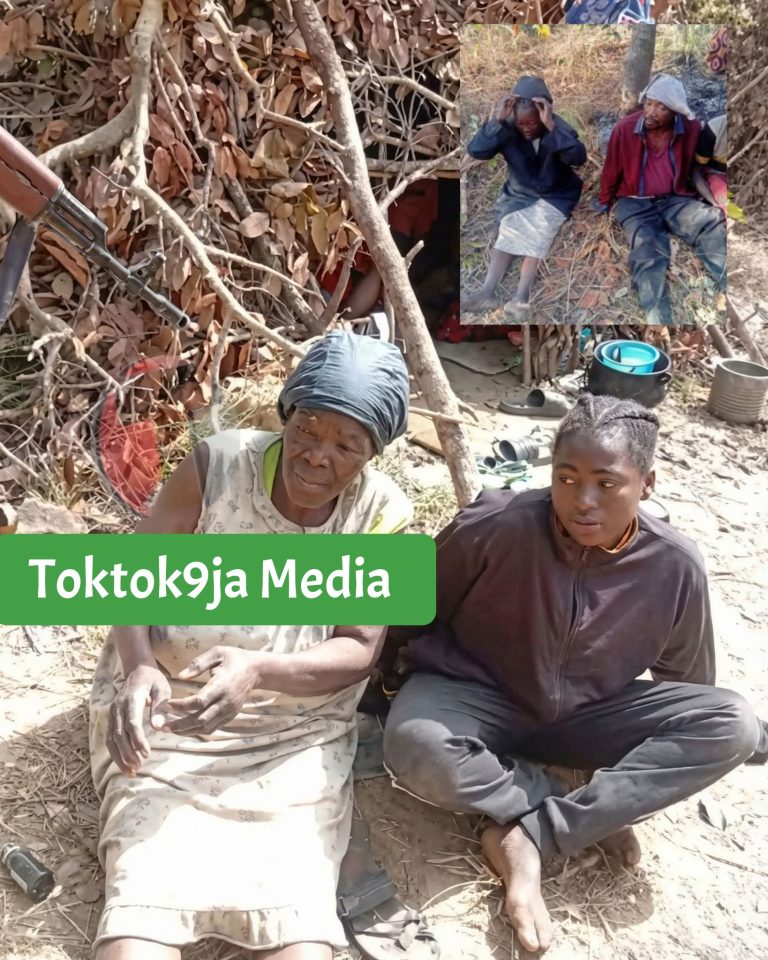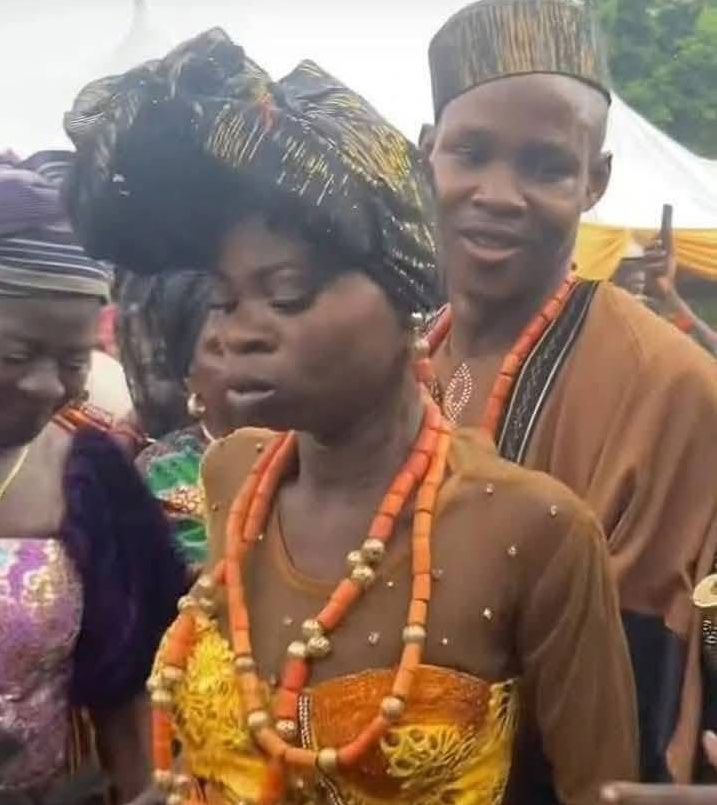Tinubu Grants Posthumous Pardon to Macaulay, Vatsa, and Ogoni Nine; Clements 82 Inmates.
President Bola Ahmed Tinubu has granted a series of posthumous pardons and clemencies, acting on the recommendations of the Presidential Advisory Committee on the Prerogative of Mercy (PACPM).
The decision, ratified by the National Council of State at a meeting on Thursday, represents one of the most significant exercises of presidential mercy in recent history, blending symbolic reconciliation with direct intervention for current inmates.
The most resonant aspect of the announcement is the posthumous pardon for key figures in Nigeria’s complex political history.
READ: “I Tried to Hold Her,” Suspect Confesses in Robbery That Killed Arise News Employee

- Herbert Macaulay: Often called the founder of Nigerian nationalism, Macaulay, a co-founder of the NCNC, was convicted by British colonial authorities in 1913 on charges widely believed to be unjust. Though he died in 1946, the stain of a criminal record remained on his legacy until now, over a century later.
- Major General Mamman Jiya Vatsa: A renowned poet and army general, Vatsa was executed in 1986 by the military government of General Ibrahim Babangida after being convicted for an alleged coup plot. His posthumous pardon closes a painful chapter for his family and many who saw his trial as controversial.
- The Ogoni Nine: In a landmark gesture, the government has formally pardoned Ken Saro-Wiwa and eight other Ogoni activists—Saturday Dobee, Nordu Eawo, Daniel Gbooko, Paul Levera, Felix Nuate, Baribor Bera, Barinem Kiobel, and John Kpuine. Their execution in 1995 by the Sani Abacha regime sparked global outrage and cemented a deep rift between the Ogoni people and the Nigerian state. In a complementary act of reconciliation, four other Ogoni leaders—Chief Albert Badey, Chief Edward Kobani, Chief Samuel Orage, and Theophilus Orage—were awarded posthumous national honours.
The President’s powers of mercy also extended to living individuals. Notably, former House of Representatives member Farouk Lawan was granted a presidential pardon. Lawan was convicted in a high-profile bribery scandal. Others pardoned include Mrs. Anastasia Daniel Nwaobia, Barrister Hussaini Umar, and Ayinla Saadu Alanamu.
The committee recommended these pardons to allow the individuals to reintegrate into society, having “demonstrated sufficient remorse.”
Beyond specific pardons, the President’s action will directly impact the lives of 157 inmates. This includes:
- Granting clemency and freedom to 82 inmates.
- Reducing the prison terms of 65 others.
- Commuting the death sentences of seven inmates on death row to life imprisonment.
One of those granted clemency is Dr. Nwogu Peters, who had served 12 years of a 17-year sentence for fraud. Another, Nweke Francis Chibueze, who was serving a life sentence for cocaine-related offenses, was also pardoned.
The sweeping clemency followed a rigorous process by the 12-member PACPM, inaugurated on January 15, 2025, and chaired by the Attorney General of the Federation, Prince Lateef Fagbemi. The committee, which included representatives from the police, correctional service, and major religious bodies, interviewed 175 inmates and received 62 applications.
Their recommendations were based on clear criteria, including old age, critical ill health, long-term service with good behaviour, evidence of remorse, and the learning of sustainable vocational trades in custody.
The Secretary to the Government of the Federation, Senator George Akume, described the committee’s work as a “significant step towards promoting justice, rehabilitation, and human rights in Nigeria.” With this broad exercise of constitutional power, the Tinubu administration has sought to correct historical records, offer second chances, and alleviate pressure on the nation’s correctional system.
Discover more from TOKTOK9JA MEDIA
Subscribe to get the latest posts sent to your email.
